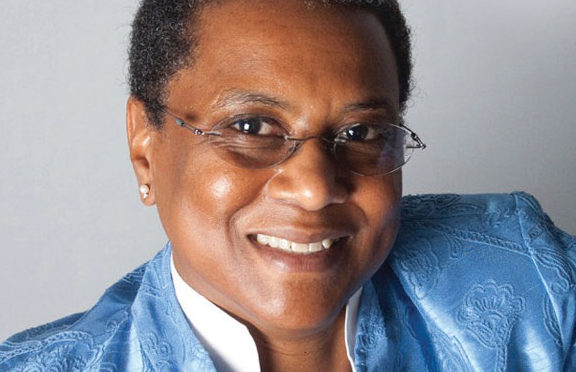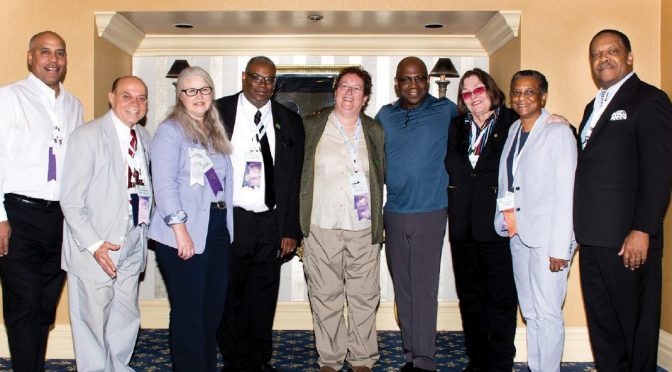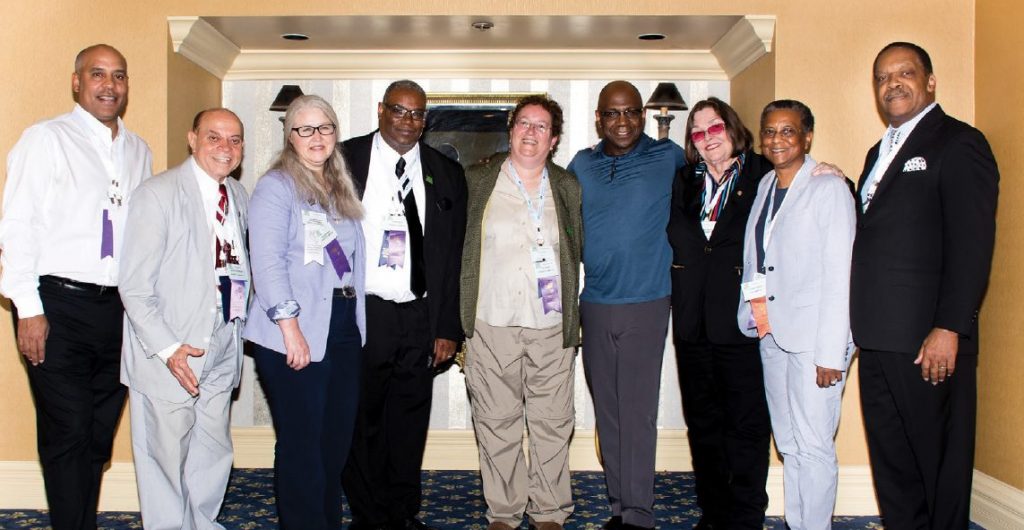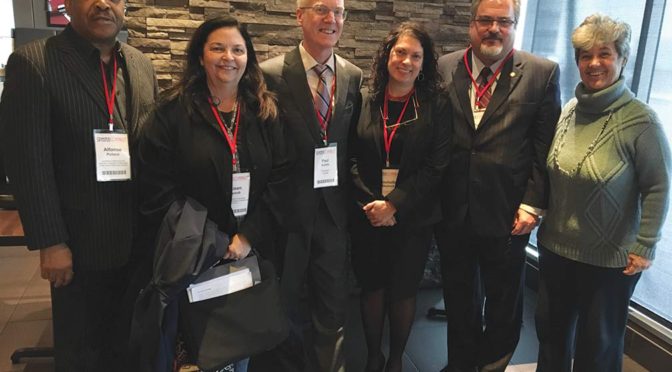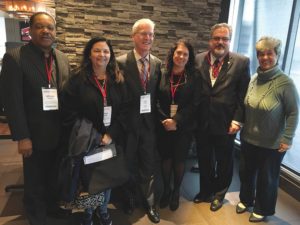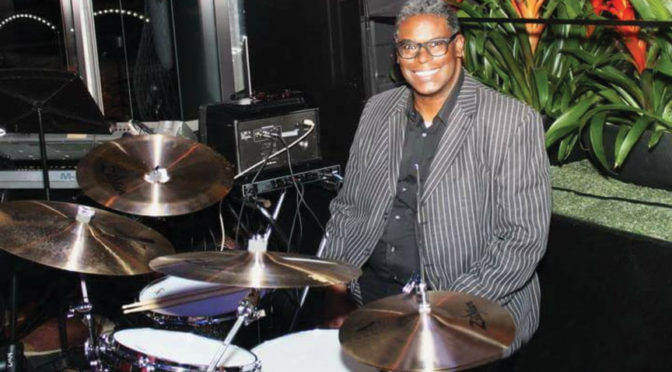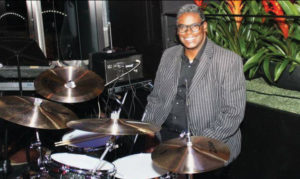The American Federation of Musicians of the United States and Canada is committed to creating an inclusive environment where diversity will be valued and celebrated; where members, leaders, rank-and-file, and staff are inspired to contribute to the growth of the Federation. We envision our organization as one where the leadership reflects and affirms the diversity of our membership.
The above statement has been a guiding principle for the AFM Diversity Committee since the inception of the Diversity Committee. However, since the COVID-19 pandemic and the murder of George Floyd, we have had to rethink what diversity truly means and how it is perceived in terms of the current events. The union and its local officers, regional conferences, and player conferences have been challenged with finding solutions to make sure all of our musicians are being hired and represented, in regards to inclusion, diversity, equity, and accessibility (IDEA).
With this in mind, the Diversity Committee spent the past year creating a uniform guiding checklist for locals and conferences to use in organizing and creating diversity committees. We discovered that many people perceived diversity as referring to race alone, not realizing that diversity also includes gender, sexual orientation, culture, age, disabilities, and genres of music. The union believes that IDEA should be a daily topic of discussion for our locals and conference leadership, educating our members about the downside of passivity/inaction and how, over time, it can have a negative impact on organizing, union growth, and solidarity.
Over the last few months, the Diversity Committee has made presentations at several regional conferences and participated in discussions with AFM locals, the Regional Orchestra Players Association (ROPA), and the Theatre Musicians Association (TMA), about setting up equity, diversity, and inclusion (EDI) committees.
The checklist includes suggestions for committee focus, goals, community investment, training/learning about us, administrative training, and project descriptions. We have a Diversity Committee Profile Sheet that we would like the committees to use and send to the Diversity Committee so that we will have a resource center for sharing information with each other. We hope to soon have a Diversity Committee button on the AFM website. It will link to a site where we can gather and share information from various diversity and EDI committees to help others looking for solutions and ideas for their local or conference.
After we created the checklist for locals and conferences, we realized that we needed to have a better understanding of what our union membership truly looks like. In the past, the Diversity Committee has done surveys, but they did not give us the information that we needed to address the concerns of all of our members. We decided it was time for a more comprehensive survey of union membership that would give us a better snapshot of the diversity within the union. We would like to thank the player conferences and locals that provided input to help us create a more inclusive survey.
Knowing more specific information about our union membership will enable us to design tools to address the concerns of IDEA in the union and to develop programs for the union, in accordance with AFM operations and AFL-CIO Civil and Women’s Rights Committee guidelines. Your participation in the survey will be crucial to helping us move forward in addressing your concerns. We realize that some of the questions may seem too personal, but the survey is not intended to offend anyone. The survey is about inclusion so it is important that we acknowledge every member of the union. It will be totally anonymous and confidential, and we will not ask for any identifying information. For questions about race, ethnicity, and gender, we have followed the new federal definitions of race and ethnicity categories.
Going forward, we, as a as a part of the labor movement, must be vigilant and proactive for the sake of our industry and our members. Last year showed us that racial injustice still exists in our communities, and how a few inappropriate phrases can spark the flames of intolerance. We will not wait for the next national crisis to compel us to act. Keep your eyes out for the forthcoming AFM Diversity Survey, we hope everyone will help us move forward with IDEA for the American Federation of Musicians.


